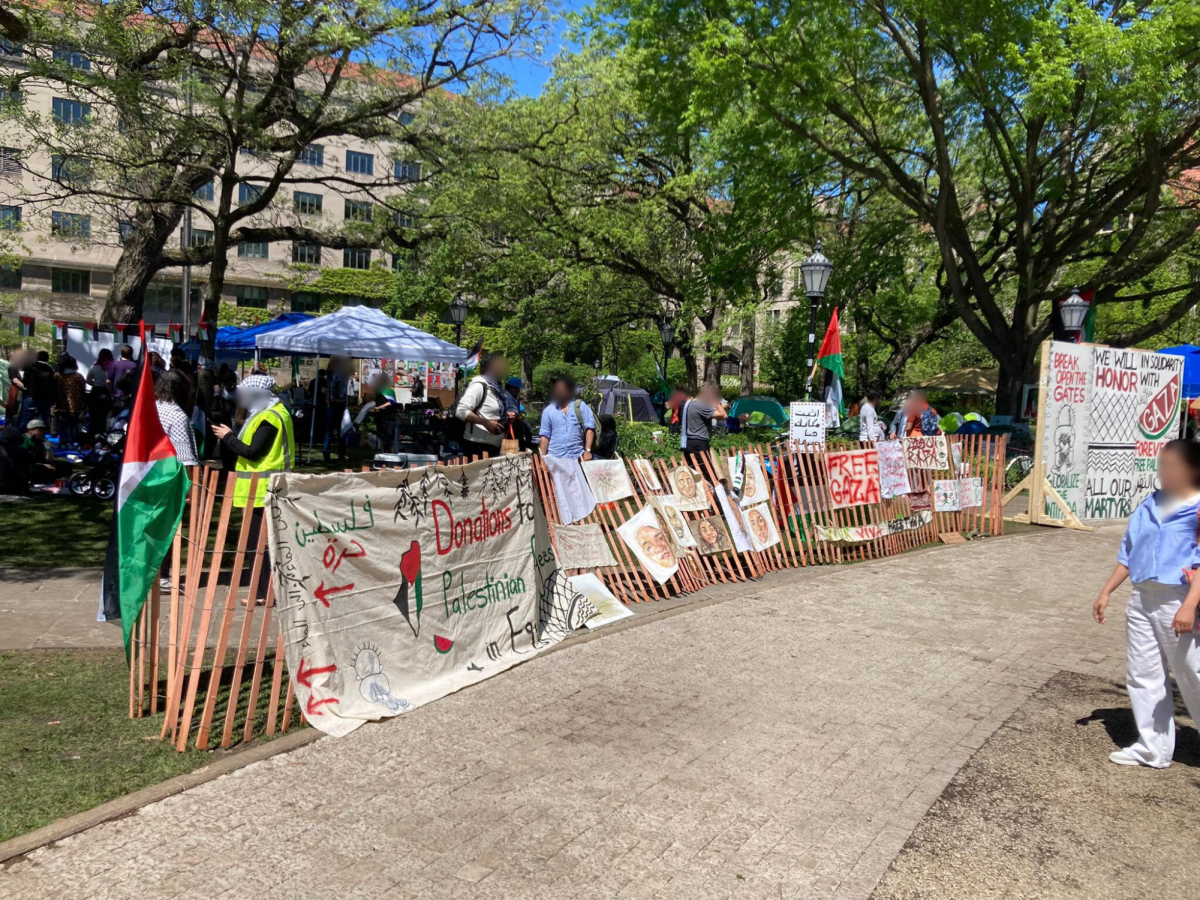The University of Chicago graduate student union engaged in a three-day labor action last month, forming a picket line and demanding that University administration recognize the union. More than 500 undergraduates signed a petition in solidarity. Many classes were cancelled. At the end of the academic year, Graduate Students United (GSU) flexed its labor muscles. We should be mindful that universities have elected to rely increasingly on adjunct labor, of which graduate student work forms a major part. UChicago’s administration announced that it is “not opposed to unions” in an e-mail from the provost, who is, himself, against the union. GSU is asking its administration for voluntary recognition, circumventing the National Labor Relations Board. Having experienced over five years of unionized graduate work, we stand in firm support of GSU at the University of Chicago.
In his June 6 e-mail, UChicago Provost Daniel Diermeier claimed that “Unionization would fundamentally alter the decentralized, faculty-led approach to graduate education,” leading to “an environment of standardization” and “changing the nature and scope of the relationships of graduate students to their advisors” and other faculty. We are faculty members whose graduate students have unionized, and we unequivocally reject this line of argumentation. On its face, it is absurd: Graduate workers with access to health care for themselves and their families are better positioned to do the intense and varied work of research and teaching. They should have the platform to collectively bargain and the support of an institution that allows them to understand and shape the conditions of their employment. Yet, the mendacious claim that the essence of graduate education is undermined by unionization remains pervasive.
Diermeier’s sentiment is all too common. Yale Dean Amy Hungerford expressed a similar position last year, stating that graduate-student organizing “is a history of disagreement among members of a privileged community.” An amicus brief filed on behalf of many elite private colleges after the 2016 Columbia decision says much the same, that both arbitration and collective bargaining “have the potential to transform the collaborative model of graduate education to one of conflict and tension.”
The amicus brief presents a fictional situation in which teaching assistants start a grievance procedure because of extra grading work, threatening undergraduates’ educational outcomes and potentially undermining the mentoring relationship with the adviser. We reject the premise of this fantasy. Graduate assistants in the lecture should be co-teachers, just in the sense of all those statements above: They are in training (and also workers). We consult with our TAs about what is necessary and right for the educational outcomes we are seeking, for the specific groups of students we are teaching. This collaboration strengthens advising relationships, which should remain a two-way street up and down the graduate education process. The notion that unions, as Diermeier puts it, form a “third party” that gets in the way of the student-faculty relationship is false. Collective bargaining units seek to provide parity between precarious university workers and the administrations that employ them, and which also employ professors. This is the not-so-hidden truth of this pernicious lie. Bargaining supplies existential security to workers. A unionized graduate student body is unequivocally better for graduate education at all levels.
The arguments against unionization are as vacuous as they are morally wrong—but they are also false. Graduate unions, as studies show, actually improve mentoring relationships, in what appears to be a downstream effect. The Graduate Student Organizing Committee at New York University has the primary function of removing any employment conflict from the mentoring relationship and placing it where it belongs: with the administration. The argument relies on the separation between college and work. This separation does not apply to graduate school, at least not in a time when universities have chosen to adjunctify and casualize their labor. There is no real question about whether graduate students work: They work hard, and if they walk out, it threatens the functioning of the university. That is the very definition of labor. If universities do not want graduate students to be workers, then they should hire more tenure-track professors—many more. Unionized advisees are more secure, less precarious workers. The only interest that a corporation can have in preventing its workers from unionizing is the interest of its shareholders. But we are all symbolic shareholders in the university, and our bottom line is the painstaking, collaborative production of new knowledge.
We live in a time of politicization. With the federal government in the hands of reactionaries, there is nationwide recognition that mere reliance on the procedures of federal law will prevent us from forging the society we want and need. States are actively making progressive laws, and newly-energized activists are pushing for social reform at all levels. The university must participate in this process, and begin reversing the damage it has done to itself and to employment since the 1970s. This is a political mission that begins with remunerative dignity and voluntary recognition of the contributions of workers that society has held in utter contempt for decades. Unions are perhaps only the beginning of what could be a new story for higher education in the United States. We stand with graduate unions across the country in demanding that that story begin.
Andrew Sartori (Ph.D. ’03) is a professor of history at New York University, and Leif Weatherby is an associate professor of German at New York University.








